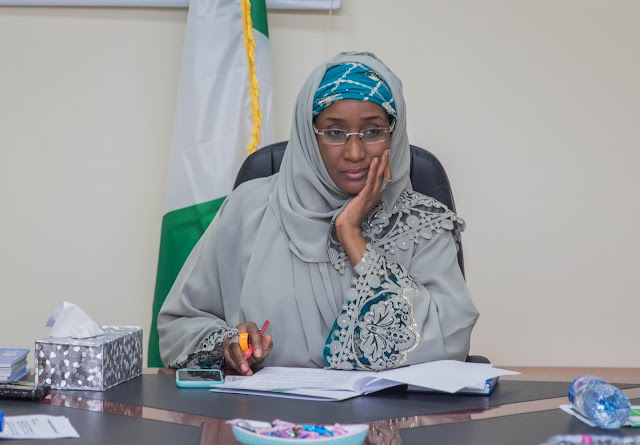The news about tragedies continue to trend in the public sphere at such a rate that Nigerians, in their consternation and disbelief, wonder how dangerously low it could get. Such was the disclosure that 25,000 Nigerians are missing as a result of armed conflicts, violence and migration. Of this figure, 50 per cent are believed to be minors. The greater worry is that the people are beginning to see these figures as the new normal, something to shrug off with disturbing levity.
Sadly, this development confers on the nation another despicable record, from being the poverty capital of the world, to being the nation with the highest number of humans believed to have disappeared without trace. In Africa as a whole, 64,000 people are reportedly on the list of those assumed to have disappeared. Out of this figure, 25,000 are Nigerians. These figures are official coming from the Ministry of Humanitarian Affairs, Disaster Management and Social Development as well as the International Committee of the Red Cross (ICRC). The forum was a press briefing to mark the International Day of the Disappeared – a weird day indeed.
In the considered opinion of this newspaper, the above scenario is definitely scary. But even more disconcerting is a report by the United Nations Development Programme (UNDP) which claimed that the deaths from the 12 years of violence in the country is 10 times higher than previously thought and estimated. According to that report, the conflict in the North east of Nigeria has caused, directly and indirectly, the deaths of some 350,000 people, the vast majority of which are children below the age of five.
In another report, an international rights organisation, Global Rights Nigeria, claimed that 4, 556 Nigerians were killed in 2020 as the insecurity situation remains worrisome across the country. Similarly in the first six weeks of 2021, lives of no fewer than 1,525 persons were wasted across the country. In the first quarter of 2022, 1,743 Nigerians were killed as a result of sundry security challenges.
It is pertinent to point out that until one is personally affected, these figures will remain statistics. But are they? We are talking about human beings with flesh and blood, dead, disappeared. Nigerians- fathers, mothers, children, brothers, sisters and compatriots- who had high hopes for themselves, their families and even the nation- wasted for no fault of their own making.
It is easy, in our view, for this outrageous state of affairs to be blamed on 35 active armed conflicts in the continent of Africa. Or for that matter, the quest for greener pasture, safety and better life across borders, the Sahara Desert and the high seas.
But ICRC expressed the point on the issue more bluntly. “Having the right policies in place can save lives. It’s an essential step to protect migrants and families of missing persons.” But it is more important to have good governance that will make resort to violence and dangerous journeys unattractive.
We dare to restate that it was wrong policy by politically- exposed persons that gave rise to the monster the world knows as Boko Haram. It is intolerance of each other’s political and religious idiosyncrasies that give rise to violence and conflicts that engulf the more vulnerable – minors and women. It is lack of good governance and the attendant disregard for citizens’ welfare that motivates people to imagine that the grass is greener elsewhere and are pushed by hardship to do the daring, at the risk to their own lives, to seek that better life that exists only in the imagination.
It is corruption, in our opinion, what is fancifully dismissed as the misapplication of funds meant for human development facilities, that create the poverty that is flourishing among the people in the midst of affluence and concupiscence in high places. These are what often make crime and criminality admirable, if not inevitable.
For the avoidance of doubt, human beings do not disappear. They are, in more instances than not, made to disappear. The figures of death are not by natural causes. They are results of man’s inhumanity on their fellow beings – kidnapping for ransom, armed robbery, organised violence like banditry, terrorism and even extra-judicial killings by state actors.
All that is required to bring these under effective control as stated by the ICRC is a combination of good policies and the political will to see them through in a manner that will benefit the less privileged in a meaningful way. Those good policies will eliminate corrupt tendencies on the part of office holders and imbue in them the consciousness that drives sustainable social and economic development which, in turn, conduce to equity and justice.
We are compelled to aver that people-centred policies and good governance are the only factors that can stop people from either disappearing without trace or confirmed dead altogether. Certainly not sanctimonious pontifications by state operatives who themselves do not attach meaning and relevance to the words they utter.





